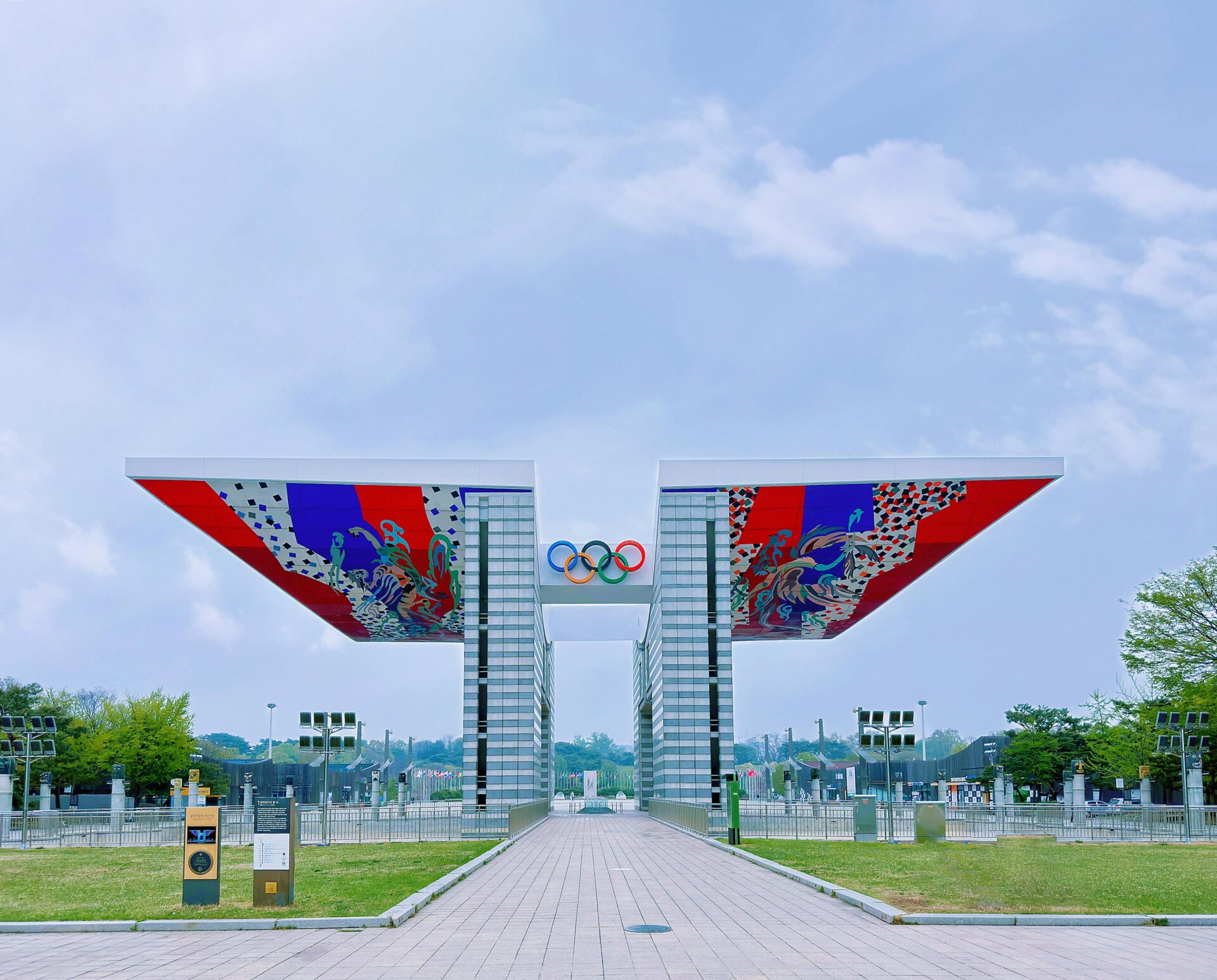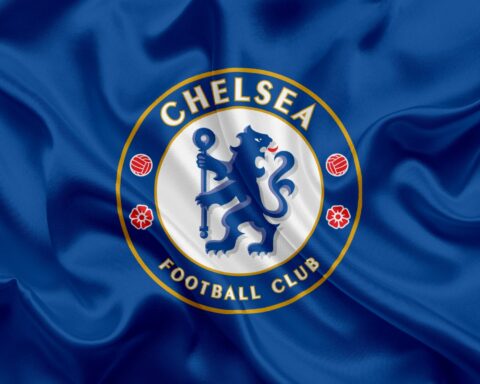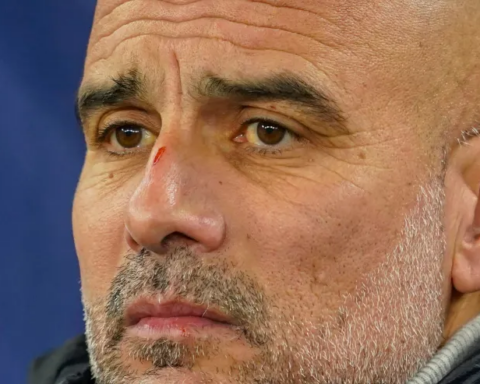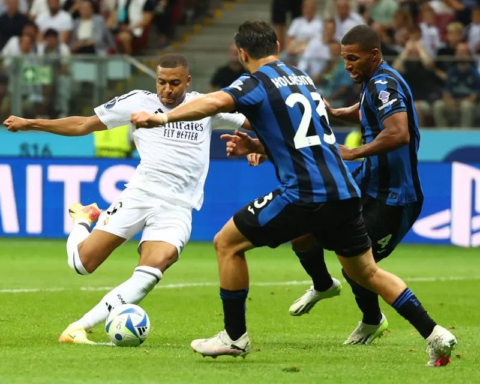The Olympic Games, often referred to simply as the Olympics, represent one of the most iconic and enduring traditions in human history. Spanning thousands of years, the Olympics have evolved from ancient religious festivals to the world’s premier sporting event, transcending borders and cultures to unite athletes and spectators from every corner of the globe. In this article, we embark on a journey through time to explore the rich and fascinating history of the Olympic Games, tracing their origins, evolution, and enduring significance.
Origins in Ancient Greece
The roots of the Olympic Games can be traced back to ancient Greece, where they were held in honor of the king of the gods, Zeus, at the sacred sanctuary of Olympia. The Games were first recorded in 776 BCE, marking the beginning of a tradition that would endure for over a millennium.

Originally, the ancient Olympics consisted of a single event: the stadion race, a sprint that spanned the length of the stadium. Over time, additional events were added, including wrestling, boxing, chariot racing, and the pentathlon, which comprised running, jumping, discus throwing, javelin throwing, and wrestling. These competitions served not only as tests of physical prowess but also as expressions of cultural identity and religious devotion.
The Olympic Truce and Panhellenic Unity
One of the most remarkable aspects of the ancient Olympics was the Olympic Truce, a sacred ceasefire that allowed athletes and spectators to travel safely to and from the Games. The truce, which was observed by the city-states of ancient Greece, ensured that conflicts would be set aside during the period of the Games, fostering a spirit of peace and cooperation.
The Olympics also served as a vehicle for promoting panhellenic unity, bringing together Greeks from all over the Mediterranean world to compete and celebrate their shared heritage. Athletes competed not only for personal glory but also for the honor of their city-states, with victories bringing prestige and renown to their communities.
Decline and Revival
The ancient Olympics continued for nearly 12 centuries before falling victim to political turmoil, economic decline, and the rise of Christianity. The Games were eventually abolished by the Roman emperor Theodosius I in 393 CE, marking the end of an era.
For centuries, the Olympic Games remained dormant until they were revived in the late 19th century by Pierre de Coubertin, a French educator and visionary. Inspired by the ideals of ancient Greece, Coubertin sought to harness the power of sport to promote international understanding and peace.
Inauguration of the Modern Olympics
The inaugural modern Olympic Games were held in Athens, Greece, in 1896, marking the beginning of a new era in Olympic history. Athletes from 14 nations participated in 43 events across nine sports, including athletics, cycling, fencing, gymnastics, shooting, swimming, tennis, weightlifting, and wrestling.
Since then, the Olympics have grown into a global phenomenon, attracting thousands of athletes from over 200 countries to compete in a diverse array of sports. The Games have become a symbol of international cooperation and friendship, transcending political differences and cultural barriers to unite humanity in the pursuit of athletic excellence.
Evolving Traditions and Innovations
Over the years, the Olympic Games have evolved to reflect changing times and attitudes. New sports and events have been added to the program, reflecting the diversity of human achievement and athletic endeavor. Women have also played an increasingly prominent role in the Olympics, with female athletes now competing in nearly every sport on the Olympic program.
Innovations in technology and infrastructure have transformed the Olympic Games, allowing for larger venues, more sophisticated facilities, and enhanced broadcast coverage. The Olympics have become a global spectacle, watched by billions of people around the world and showcasing the best of human athleticism and spirit.
Legacy and Impact
The Olympic Games leave behind a powerful legacy that extends far beyond the realm of sport. They inspire individuals of all ages and backgrounds to pursue their dreams, overcome obstacles, and strive for excellence. The Games also promote values such as friendship, respect, and fair play, fostering a sense of global solidarity and unity.
Moreover, the Olympics have the power to bring about positive social change and leave a lasting impact on host cities and nations. From urban renewal and infrastructure development to environmental conservation and cultural exchange, the Olympics leave a tangible legacy that benefits communities long after the Games have ended.
The Olympic Games represent a timeless celebration of human achievement, uniting athletes and spectators from around the world in the pursuit of excellence and camaraderie. From their ancient origins in Greece to their modern incarnation as a global phenomenon, the Olympics embody the enduring values of peace, unity, and friendship.
As we look ahead to future Olympics, we can reflect on the rich history and legacy of the Games, drawing inspiration from the athletes who have competed and the ideals they represent. The Olympic Games serve as a reminder of the boundless potential of the human spirit and the power of sport to unite and inspire us all.








